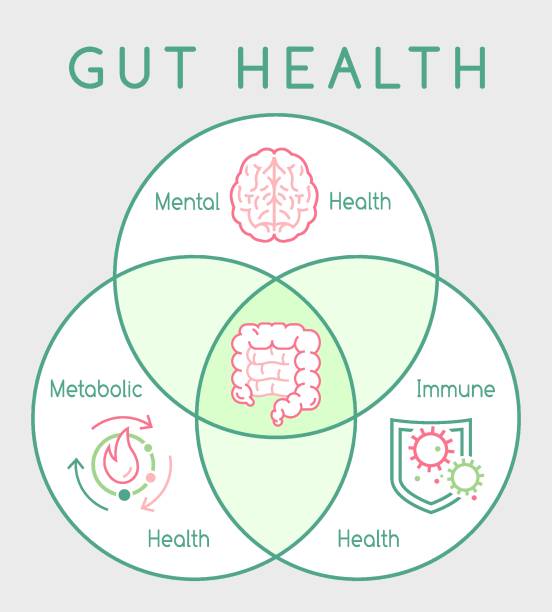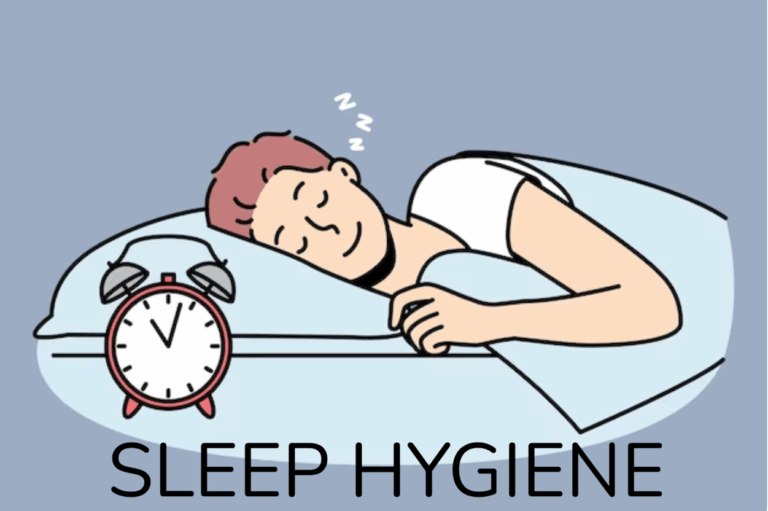
Exercise is well-known for its physical benefits—but its impact on mental health is equally powerful. From reducing anxiety and depression to enhancing cognition and mood, the link between movement and mental wellbeing is backed by science.
How Exercise Affects the Brain
Endorphins and Neurotransmitters
Physical activity stimulates the release of endorphins, dopamine, serotonin, and norepinephrine. These chemicals are natural mood lifters, often called “feel-good hormones.”
Neurogenesis and Brain Plasticity
Exercise encourages the growth of new brain cells, particularly in the hippocampus, a key area for memory and learning. This neuroplasticity enhances cognitive function and resilience.
Stress Reduction
Regular exercise reduces levels of stress hormones like cortisol, helping the body manage stress better over time.
Types of Exercise That Benefit Mental Health
Aerobic Exercise
Running, cycling, swimming—cardio activities improve mood, reduce anxiety, and support long-term mental wellness.
Strength Training
Lifting weights or bodyweight exercises improve self-esteem and reduce symptoms of depression.
Mind-Body Practices
Yoga, tai chi, and pilates combine movement with mindfulness, boosting relaxation and emotional balance.
Outdoor Activities
Exposure to nature during exercise enhances the mental benefits by reducing rumination and increasing positive feelings.
How Much Exercise Do You Need?
The World Health Organization recommends:
- At least 150 minutes of moderate aerobic activity weekly (e.g., brisk walking)
- Or 75 minutes of vigorous activity (e.g., running)
- Plus muscle-strengthening activities 2 or more days a week
Even small amounts of exercise can improve mood—start where you are.
Exercise and Anxiety
Exercise can:
- Decrease tension and worry
- Improve sleep quality
- Serve as a healthy coping mechanism
- Provide distraction from negative thoughts
For some, exercise alone can be as effective as medication or therapy for mild anxiety.
Exercise and Depression
Studies show:
- Regular activity can reduce depressive symptoms
- Exercise increases energy and motivation
- Group sports can combat isolation and loneliness
It’s important to combine exercise with professional treatment for moderate to severe depression.
How to Get Started If You’re Struggling
- Start small—5–10 minutes daily
- Choose activities you enjoy
- Use apps or trackers to stay motivated
- Find a workout buddy or group
- Set realistic goals and celebrate progress
Consistency matters more than intensity.
Exercise as Part of a Holistic Mental Health Plan
Combine physical activity with:
- Adequate sleep
- Balanced nutrition
- Social connection
- Mindfulness or meditation
- Professional support when needed
The synergy improves overall well-being.
Final Thoughts
Exercise is a natural, accessible tool for mental health. It rewires the brain, uplifts mood, and strengthens resilience.
No matter your fitness level, moving your body regularly can change not just how you look, but how you feel—mentally and emotionally.
Start today. Your mind will thank you.







